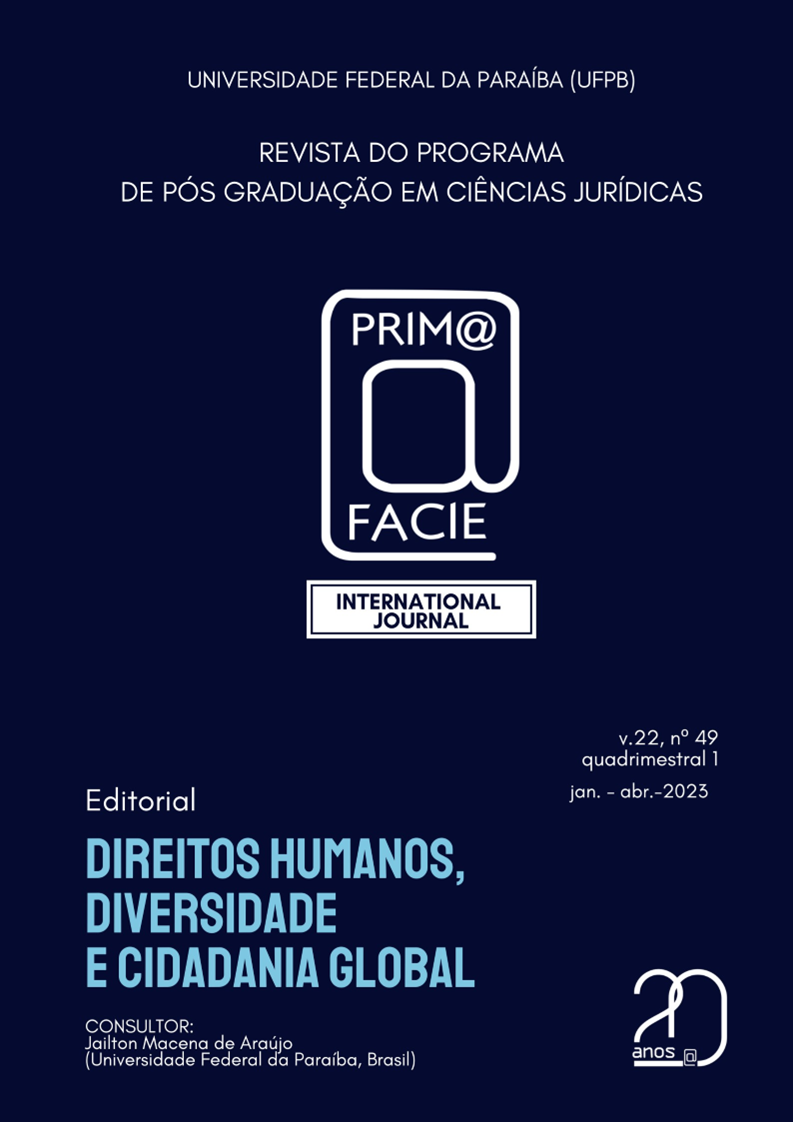Basic Education For Global Citizenship: Similarities Between Unesco's Proposals And Bills Presented In The Chamber Of Deputies During The “School Occupations”
DOI:
https://doi.org/10.22478/ufpb.1678-2593.2023v22n49.63636Keywords:
Education for global citizenship, UNESCO, Chamber of Deputies' bills, school occupationsAbstract
The article presents the results of an investigation that aimed to assess the repercussions and similarities between the education for global citizenship (GCS) content, proposed by UNESCO, and bills on basic education in its orientation towards democracy, presented in the Chamber of Deputies (2nd semester of 2015 and 2016). The researched period refers to the context in which UNESCO directs its debate on the ECG, guided by the expanded concept of citizenship, beyond the state territorial scope. In Brazil, in the relationship between education and democracy, we lived the mobilization of high school students with the occupation of public schools throughout the country. The work is carried out through documentary research on the performance of the Federal Legislative Power, content analysis, and critical bibliographic review on the matter. As a result, it was verified an empty debate within the Legislative Power, on education and democracy, considering the international human rights agenda and the students’ movement. It was not impacted by international normative educational references nor, in terms of facts, by students’ occupations.
Downloads
Downloads
Published
How to Cite
Issue
Section
License
Copyright (c) 2023 A Prim@ Facie detém direitos exclusivos de publicação e distribuição sob concessão absolutamente franca da parte do autor, ou autores.

This work is licensed under a Creative Commons Attribution-NonCommercial-NoDerivatives 4.0 International License.
Os autores estão cientes de que transferem seus direitos de publicação e distribuição à revista Prima Facie. Os autores autorizam o uso do trabalho para fins não-comerciais, incluindo direito de enviar o trabalho em bases de dados de Acesso Livre. As provas finais poderão não ser enviadas aos autores antes da publicação, seguindo a revista seu padrão técnico explicitado nas suas normas e nos formatos praticados em acordo com a CAPES e com padrões de excelência adotados. As opiniões emitidas pelos autores são de sua exclusiva responsabilidade não sendo a revista solidária da livre opinião exposta por eles.

